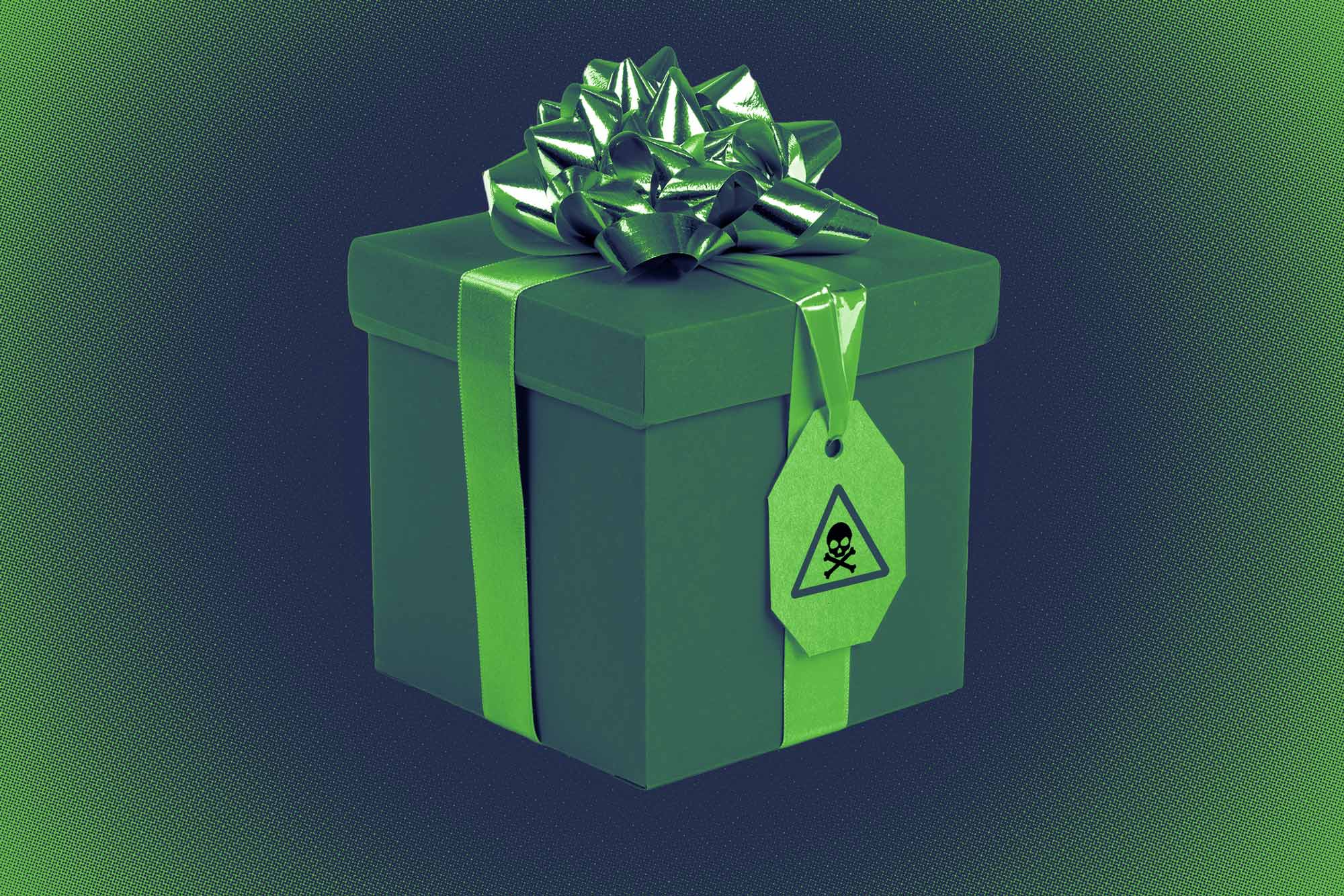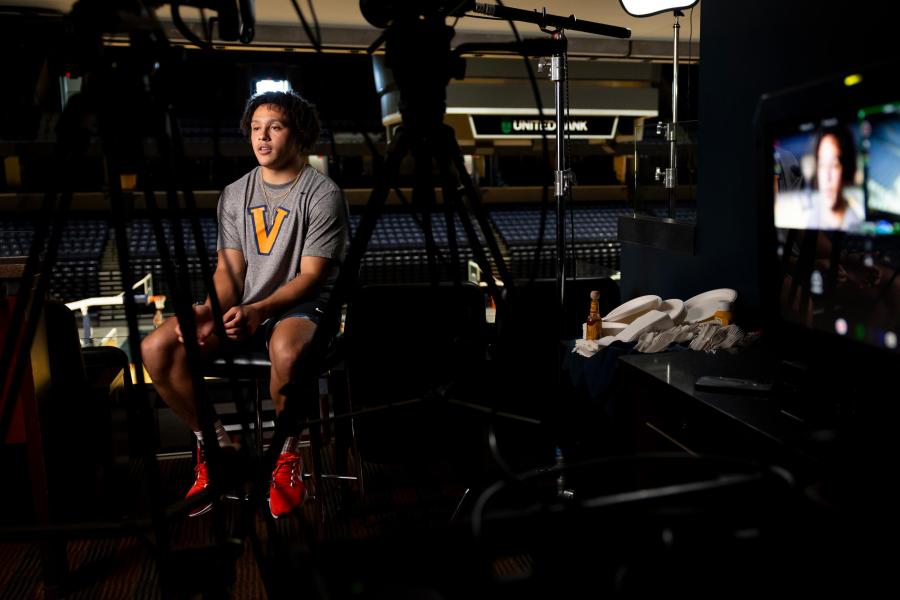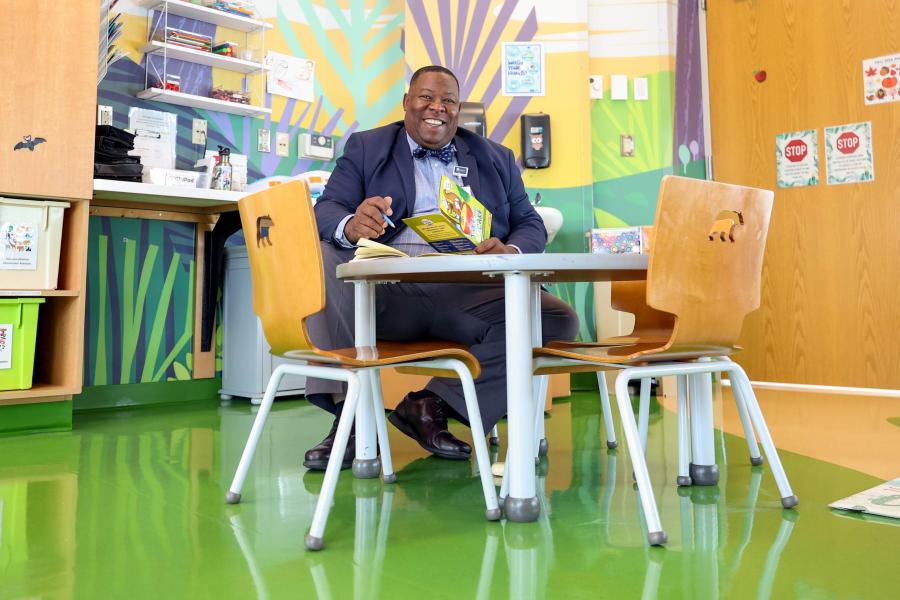Even if you think you have adequately child-proofed your home, the holidays can bring new dangers.
A University of Virginia poison control expert said Friday that while the holiday season should be merry and relaxed, there’s still a need to stay vigilant against accidental poisoning.
Kristin Wenger, the education coordinator for UVA Health’s Blue Ridge Poison Center, discussed potential hazards for children during a Friday conference call with journalists. The center receives more calls about kids who are 6 and under than any other age group.
With an eye toward protecting the little ones, she and the center’s holiday tips page offer the following advice:
Be aware of house guests who take medicine. Visitors who plan on staying at your home will likely bring any prescriptions they take. They may also bring the toiletries they prefer, such as mouthwash and perfume. To keep these items away from children, provide guests a safe storage area, so the items aren’t left on a bedside table or in a suitcase on the floor.
“A safe place would be somewhere out of the sight and reach of a child, preferably locked,” Wenger said.
She also warned about the accessibility of two recent causes of childhood poisonings: cannabis edibles and the liquid from vaping devices.
Whether you’re in your home or that of someone else, she said, “You’re well within your right to ask” about those items being present.

Kristin Wenger is the education coordinator for UVA Health’s Blue Ridge Poison Center. (Contributed photo)
Don’t leave any alcohol, or certain other gifts, unattended. Children are naturally curious, and alcohol flows in some households during the holidays. It’s also sometimes given as gifts. Other hazards, too, can lurk inside those packages tiny tots are tempted to open on the sly.
Whether it’s bubble bath or button batteries (the ones that so often power electronics), know what’s in arm’s reach, and remove it as needed.
“Button batteries are very dangerous,” she noted. “Anything that beeps or zips or moves or lights up or makes noise may have a button battery in it. They’re very slippery, and if a child puts one in his mouth, it’s very easy to accidentally swallow it.”
Stay alert to specific types of toys. Cadmium and lead are two of the potentially toxic metals that may be found at dangerous levels in some toys or other products, including cheap jewelry and figurines, which may be imported from countries with fewer consumer safeguards, such as China. Keep suspect items out of mouths, including those of pets.
Consumers can follow recall updates at the Consumer Product Safety Commission website.
As always, have the hotline number ready. Wenger said those who are worried that loved ones have swallowed, breathed in or absorbed a poison shouldn’t wait for symptoms to develop. They should call 1-800-222-1222 right away.
She added that parents are uncertain sometimes about whether they should make the call. A bottle is open, for example, but the child looks fine; has she really ingested a dangerous level of poison?
“You’re never bothering the poison center,” Wenger said. “We’re here for those very reasons.”
Media Contacts
Communications Manager School of Engineering and Applied Science
williamson@virginia.edu (434) 924-1321






